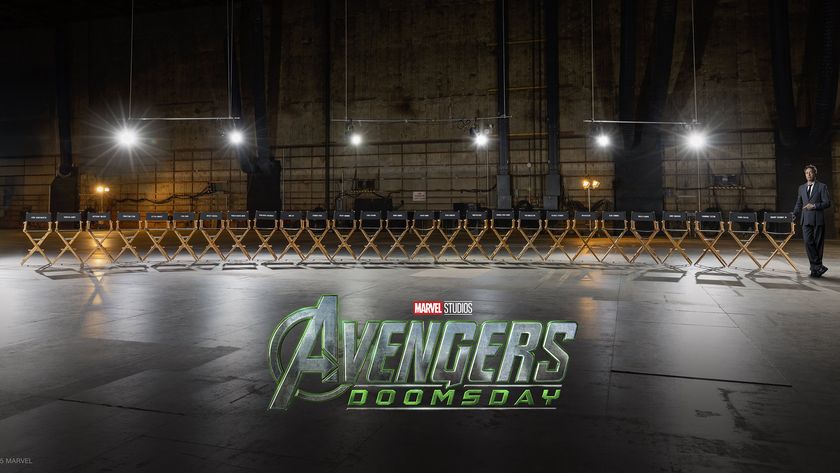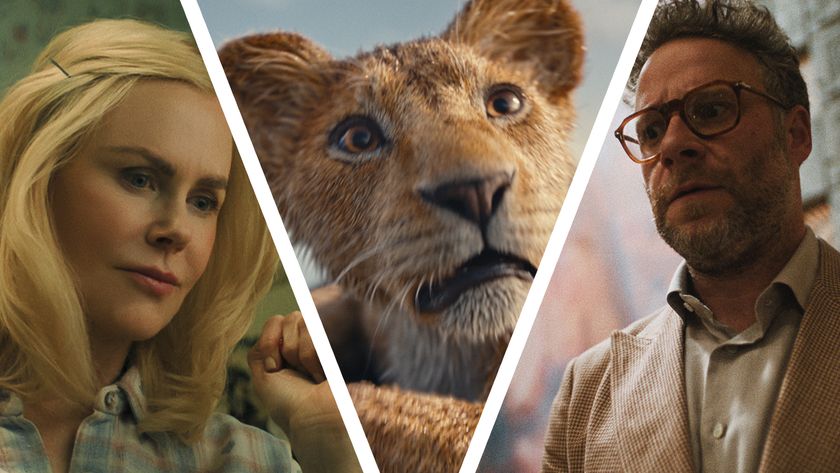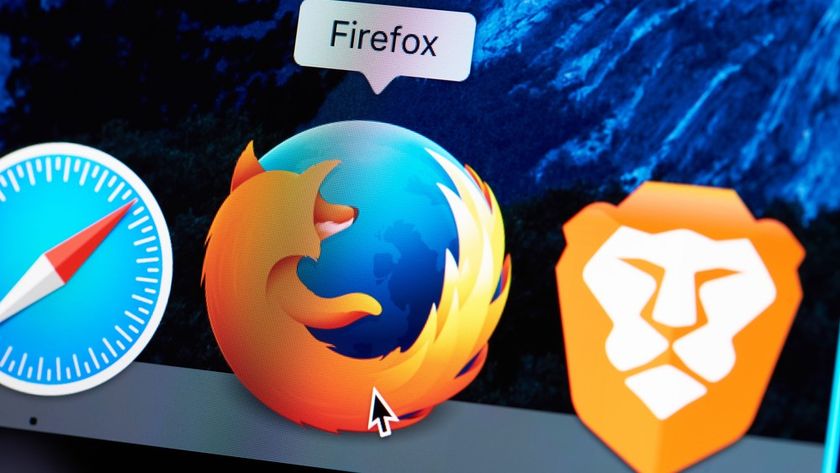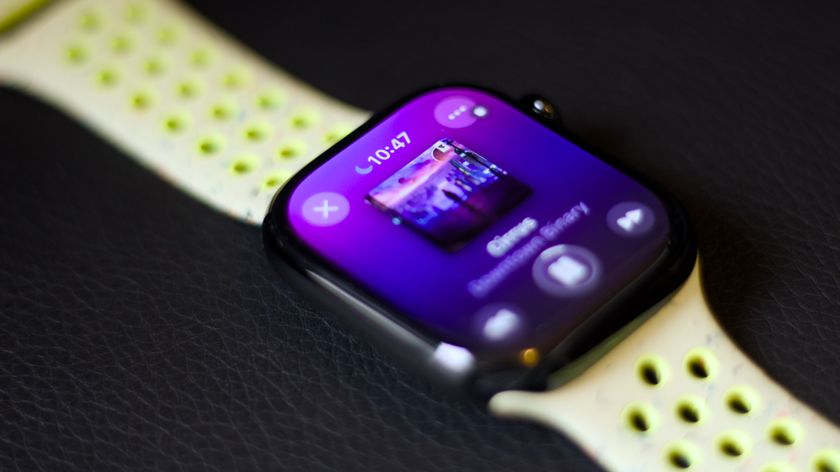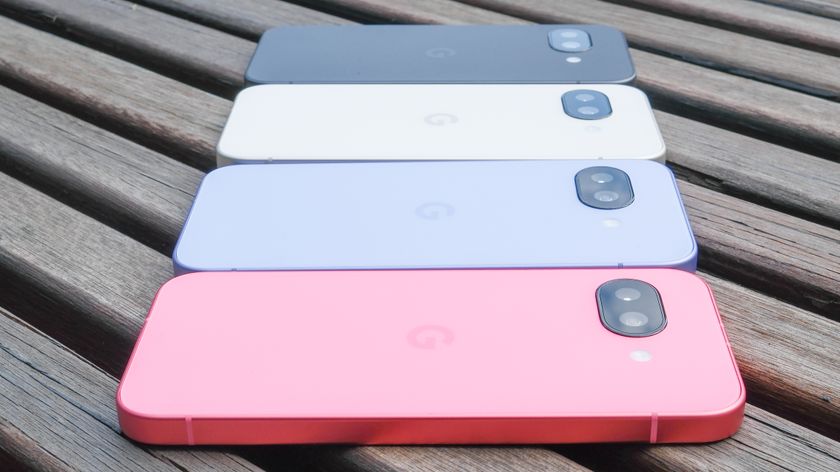Outdated music industry deserves no Govt help
Opinion: Why doesn't the government tell them to get stuffed?
The bigger picture
Dubber is no "music should be free" fundamentalist, but as he describes it, the legislators aren't looking at the bigger picture. "I'm not opposed to copyright," he says. "I think it's really important. But the problem is that nobody has thought to throw out all the copyright laws and rewrite them from scratch based on what we're trying to achieve. If it's a protection racket for international corporations so they can continue to make money in the same way they have for the last sixty or seventy years - but which wasn't, incidentally, the way they made money for the hundred years before that - then be open and honest about it, and say it's about protecting corporation. This is not about artists, unless they had a hit in the 1950s and don't want to do any more work," he laughs.
"My understanding of copyright is that it's there to incentivise creativity. Certainly that was the intention, the American ideal, that copyright would contribute to the culture by giving creators money, encouraging more people to make more stuff. How do we get people making more cool stuff? From my point of view, we don't get that by preventing access to content."
Dubber describes how, in 2006, he asked Universal Music - one of the world's biggest record labels - how much of their music was currently available for sale. The answer? Two percent. Ninety-eight percent of Universal's music was locked in a vault somewhere.
Things have improved in the last few years thanks to iTunes, but the amount of music available is still the tip of an iceberg. "There's no incentive for them to release it, because it's not popular enough to be commercially viable - and because there's no danger of them losing the rights to it, why bother hurrying? If it was out there and in the public domain, they could say, look, here it is. Use it, listen to it, love it, sample it, rework it, do what you like. But it's a massive store of our cultural heritage [that] is just locked away because it's commercially expedient for it not to be released."
More often than not the record company owns the copyright in those recordings, so even if the artist wants to give the tracks away for free, they can't. "The way things are at the moment, the only thing being considered is who's going to make money from music. But music isn't just commerce. It's mostly culture," Dubber says.
"My brain actually breaks a little bit when I think that so much of human musical culture is just hidden away, and we're not allowed to access it because it makes things problematic for the two percent of stuff they are actively trying to sell."
Get daily insight, inspiration and deals in your inbox
Sign up for breaking news, reviews, opinion, top tech deals, and more.
That doesn't mean the record companies don't have a legitimate grievance about piracy. Of course they do. But by extending copyright terms, proposing a rights agency, broadband tax and ISP snooping, and refusing to relax the rules for user generated content, it seems that the government is only listening to one side of the story. Like the bail-out of the beleaguered car industry, it's giving special treatment to an industry that's made dumb decisions for more than a decade.
-------------------------------------------------------------------------------------------------------
Writer, broadcaster, musician and kitchen gadget obsessive Carrie Marshall has been writing about tech since 1998, contributing sage advice and odd opinions to all kinds of magazines and websites as well as writing more than a dozen books. Her memoir, Carrie Kills A Man, is on sale now and her next book, about pop music, is out in 2025. She is the singer in Glaswegian rock band Unquiet Mind.

